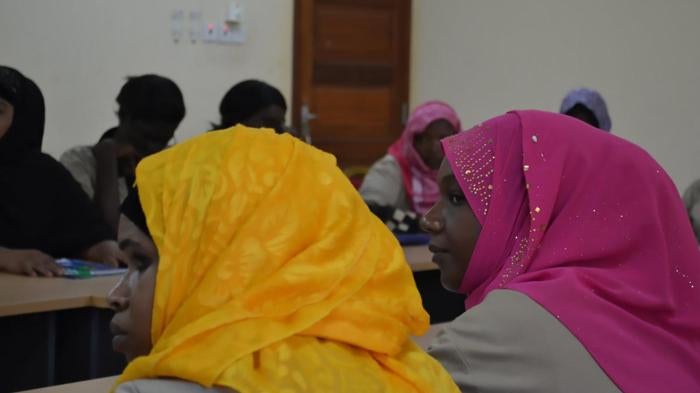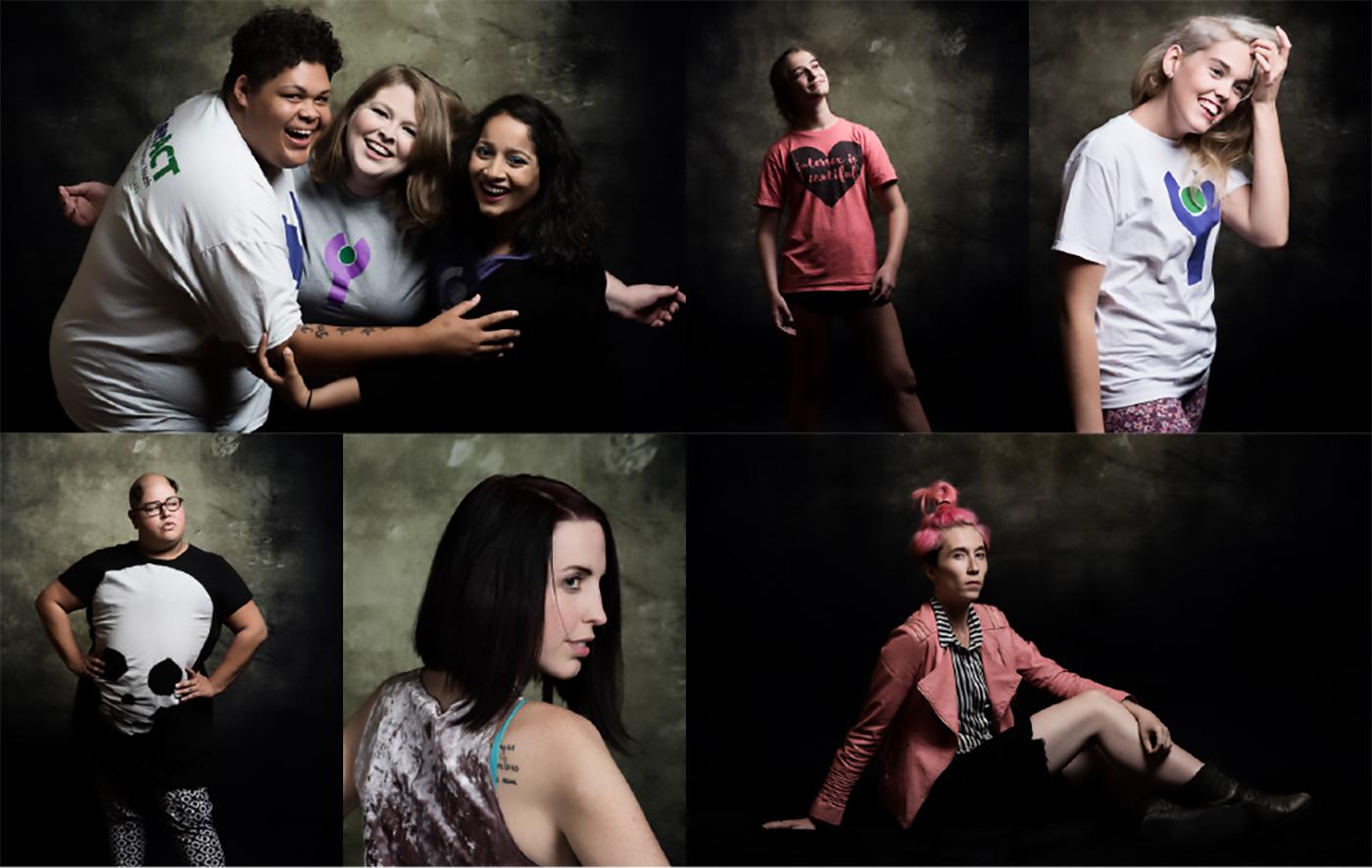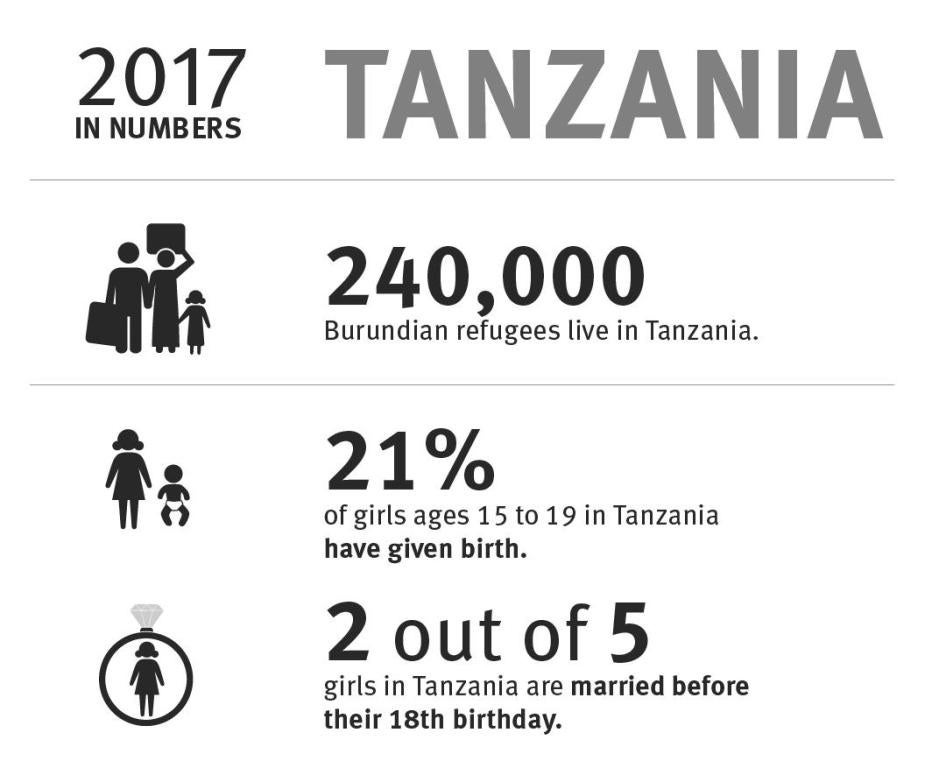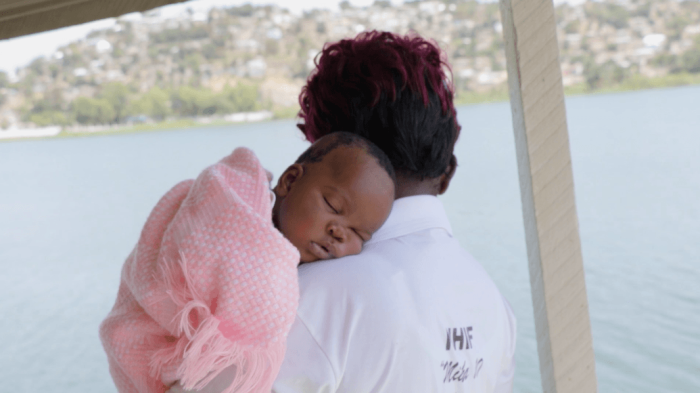Upon taking office in October 2015, President John Pombe Magufuli committed to stamp out corruption in government and to be accountable to ordinary citizens, but instead has restricted basic freedoms through repressive laws and decrees. Critical journalists, politicians, human rights defenders, civil society activists and senior United Nations officials have faced various threats, intimidation and arbitrary detention by government authorities.
While the government made some progress in expanding access to free secondary education, it reinforced a discriminatory ban against pregnant students. It further stalled on a legal reform process to increase the age of marriage to 18 for boys and girls.
Freedom of Expression
Authorities arbitrarily arrested or otherwise threatened and harassed rights activists and numerous prominent members of opposition parties who were critical of the government or the president.
On December 13, 2016, police arrested Maxence Melo, a prominent human rights defender and the owner of Jamii Forums, an independent whistleblower and reporting website, and Mike William, a shareholder of Jamii media, which hosts the site. The site hosted articles and debates exposing public sector corruption and criticizing government actions.
Police searched the offices of Jamii Forums and Melo’s home without warrants. They reportedly made copies of several documents. On December 16, 2016, the Resident Magistrate Court of Dar es Salaam brought charges against Melo, under Tanzania’s controversial Cyber Crimes Law, including obstruction of investigations for refusing to reveal the names of anonymous contributors to Jamii Forums, and “managing a domain not registered in Tanzania.” Their trial began in August 2017 and continued at time of writing.
In March, police in Morogoro, about 200 kilometers west of Dar es Salaam, arrested Emmanuel Elibariki, a popular Tanzanian rapper known as Ney wa Mitego, following the release of his song that allegedly insulted the president. He was released without charges.
In July, Dar es Salaam’s district commissioner ordered the arrest of Halima Mdee, a member of parliament and head of Bawacha, the women’s wing of the opposition political party Chadema. Mdee had been critical of the president’s decision to ban pregnant girls from public schools. Police charged her with insulting the president.
In August, police arrested Ester Bulaya, a Chadema member of parliament for Bunda, for conducting political activities outside her constituency. In separate events, police also arrested Godbless Lema, a Chadema member of parliament for Arusha Urban, and Salum Mwalimu, the party’s deputy secretary general in Zanzibar, accusing both politicians of sedition.
In September, unidentified attackers shot and wounded Tundu Lissu, an outspoken member of parliament critical of the president, in Dodoma. Lissu, Chadema’s chief whip, and president of the Tanganyika Law Society, was arrested multiple times in 2017, including for “hate speech” and for “insulting words that are likely to incite ethnic hatred.”
In October, police arrested Zitto Kabwe, leader of ACT Wazalendo, an opposition party, and charged him with sedition, on grounds of breaching the Cyber Crime Act and the Statistics Act of 2015, which criminalizes the publication of statistics that are not endorsed by the National Bureau of Statistics.
On October 17, police raided a workshop organized by the Initiative for Strategic Litigation in Africa (ISLA), a Pan African organization advancing women’s and sexual rights. Dar es Salaam’s head of police ordered arbitrary arrests of 12 lawyers and activists, including two South Africans, one Ugandan and nine Tanzanian nationals, on spurious charges of “promoting homosexuality.” Police released them on October 26, and deported all foreign lawyers a day later. The case against nine nationals remained open at time of writing.
On November 14, Tanzanian government officials in Dar es Salaam prevented Human Rights Watch from holding a news conference to launch a report on the abuse of Tanzanian migrant domestic workers in Oman and the United Arab Emirates.
On June 25, Home Affairs Minister Mwigulu Nchemba threatened to deregister organizations that challenged the president’s controversial June 22 statement banning pregnant girls and teen mothers from attending school, and threats to prosecute or deport anyone working to protect rights of lesbian, gay, bisexual, and transgender (LGBT) people.
In September, Tanzania’s National Assembly passed the Electronic and Postal Communications (Online Content) Regulations, which aim to control content used on social media, and impose onerous fines on individual users and online providers.
Freedom of Media
The government shut down or threatened privately owned radio stations and newspapers, ended live transmissions of parliamentary debates, and ordered the prosecution of at least 10 individuals over posts on social media. In March, President Magufuli publicly warned media outlets to “be careful, watch it.”
In March, Dar es Salaam’s regional commissioner, Paul Makonda, who leads all executive functions in the region, raided, with armed security, the offices of Clouds FM Media Group, an independent broadcaster, and demanded the airing of a defamatory video implicating a local pastor. The station refused to broadcast the video.
In June, authorities banned the independent newspaper Mawio for two years over articles linking former presidents to alleged mismanagement of mining deals. In September, the government banned Mwanahalisi, a weekly newspaper, for two years, on claims of “unethical reporting” and “endangering national security” for an article calling for prayers for Tundu Lissu, an opposition party member. In October, authorities banned Raia Mwema, a weekly newspaper, for 90 days for publishing an article deemed critical of Magufuli’s presidency.
Women’s and Girls’ Rights
In July 2016, Tanzania’s Constitutional Court declared child marriage unconstitutional and ordered the government to set 18 as the minimum age of marriage within one year of its ruling. The ruling settled a January 2016 case filed by the Msichana Initiative, a girls’ rights organization, challenging Tanzania’s discriminatory marriage law. In September, Tanzania’s attorney general, George Masaju, appealed the ruling.
In December 2016, the government abolished tuition fees and indirect costs for primary and lower secondary schools. The measure boosted secondary school enrollment, but the poorest students still face obstacles, including long distances to school and costs.
Many girls regularly experience sexual harassment and exploitation by teachers in schools. Schools lack adequate protection and confidential reporting mechanisms.
Corporal punishment of students is a widespread, lawful practice in Tanzania’s secondary schools, which violates international standards.
Girls also face discrimination in schooling. School officials can automatically expel pregnant girls and married girls from school. In May, the Ministry of Education, Science and Technology presented re-entry guidelines to amend the regulations and ensure that girls can return to school after pregnancy. Tanzania’s National Assembly did not endorse the guidelines.
Thousands of Tanzanian women working as domestic workers in the Middle East face labor rights violations and other abuses. Tanzania has no law to protect migrant workers overseas, and weak safeguards facilitate abuse of workers.
Sexual Orientation and Gender Identity
In mid-2016, the government initiated an unprecedented crackdown on the rights of LGBT people and their advocates. Senior government officials threatened to arrest gays and their social media followers and to deregister organizations “promoting” homosexuality. They banned the distribution of water-based lubricant, raiding and closing drop-in centers and private clinics that provide services targeting key populations, including men who have sex with men (MSM), sex workers, and people who use drugs.
In December 2016, Dar es Salaam police raided a workshop on HIV prevention among key populations, and briefly detained eight participants. In Zanzibar, police detained nine men for several days on suspicion of homosexual conduct, and subjected them to forced anal examinations, a form of torture.
In March, police arrested a man, 19, suspected of homosexuality based on his Instagram posts and subjected him to an anal exam. Several activists were arrested for holding meetings. In July, President Magufuli stated that “even cows disapprove of” homosexuality. In September, Zanzibar police arrested 20 people at a workshop for parents of key populations and accused them of homosexuality.
Several organizations reported that the crackdown has resulted in HIV-positive men failing to access their anti-retroviral treatment, while other MSM have stopped accessing testing and preventive services.
Asylum Seekers and Refugees
In 2017, Tanzania hosted over 240,000 refugees who entered the country from Burundi since April 2015, following the political unrest in Burundi. In July, President Magufuli ordered the suspension of registration and naturalization of thousands of Burundian refugees, and publicly urged them to voluntarily return to Burundi.
Key International Actors
Tanzania summarily expelled three heads of UN agencies, including Awa Dabo, the United Nations Development Programme (UNDP) country director. UNDP was reportedly critical of the conduct of elections in Zanzibar.
In June, Tanzania withdrew from the Open Government Partnership Initiative, a multilateral initiative aimed at promoting government openness, and improving service delivery, government responsiveness, combatting corruption and building greater trust.
In August, three African regional rights experts issued a joint letter of appeal to Tanzania’s president regarding his June 22 statement on pregnant girls.
In July, the UN independent expert on the enjoyment of human rights by persons with albinism, Ikponwosa Ero, visited Tanzania, welcoming government measures to decrease attacks against persons with albinism, but finding that people with albinism live in a “very fragile situation.” She further expressed concern on the use of schools as protection centers for children with albinism.
In September, the UN Committee on the Rights of Persons with Disabilities heard the case of a man with albinism who was attacked by two men, and had not received government compensation for the abuses suffered. The committee concluded that the government had failed to take all necessary measures to prevent acts of violence and to efficiently investigate and punish those acts. The committee further urged the government to promptly prosecute attacks against persons with albinism and to criminalize using body parts for witchcraft.







